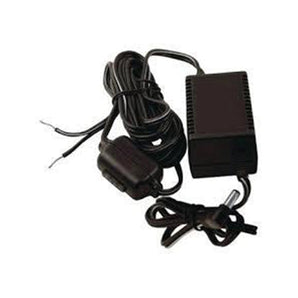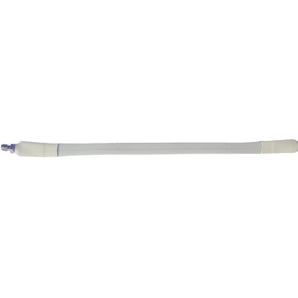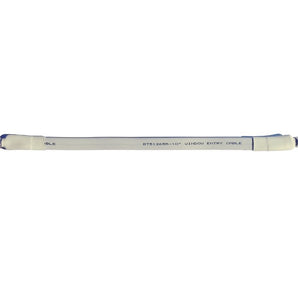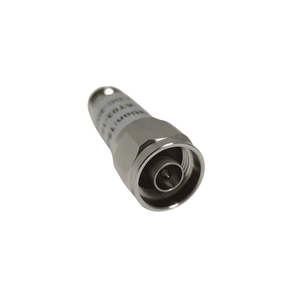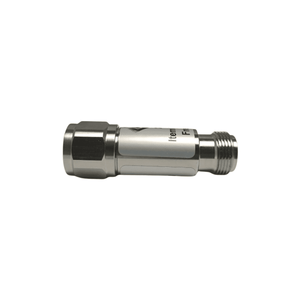Coaxial Cable: The Vital Link in South African RF Systems
Since the 1880s, coaxial cables, or coax cables, have been crucial in transmitting radio frequency (RF) signals. In South Africa, where diverse communication and broadcast systems are integral to our daily life, these cables play a pivotal role.
Common Uses in South Africa:
- DSTV and Local Cable Television
- Radio Broadcasting Equipment
- Cellular Signal Boosters for MTN, Vodacom, Cell C, and Telkom networks
- Broadband Modems, Routers, and Gateways for Fibre and ADSL connections
- Antennas for various communications
- General RF Applications
These cables are behind your favorite TV shows, online gaming experiences, enhanced cell phone reception, and more.
Choosing the Right Coax Cable:
Different applications require specific types of coax cables for optimal performance. Here’s a guide to help South African users select the best coax cable for their needs.
How Coaxial Cable Works:
A coaxial cable transmits signals with minimal interference, crucial in a country with diverse geographical and urban environments. It consists of a central conductor, usually copper, enclosed by a dielectric insulator and a metallic shield, minimizing signal leakage and interference. The term “coaxial” refers to these two conductors sharing a geometric axis.
Understanding Coaxial Cable Loss:
All coax cables experience some loss, affecting signal strength. This loss varies with cable length and frequency. The main types of loss are:
- Resistive Loss: Loss of energy as heat due to resistance, more prominent in longer cables.
- Dielectric Loss: Energy loss within the dielectric insulator, increasing with frequency.
- Radiated Loss: Leakage of electrical energy from the cable, which is typically minimal but can increase due to damage or poor construction.
Shorter cables are recommended to minimize signal loss.
Coaxial Cable Impedance:
Impedance, critical in maintaining signal integrity, is measured in Ohms. Most cables are either 50 Ohms or 75 Ohms. In South Africa:
- 50 Ohm cables are used for high-power applications like broadcasting.
- 75 Ohm cables are common in residential settings for DSTV, internet, and audio systems.
* All Bolton240, 400 and 600 Coax cables are 50 Ohm impedance.
Different Types of Coaxial Cables:
Different needs call for different cables. Here’s a selection relevant to South African applications:
- RG6 Coax Cable: Ideal for home and office use, this 75 Ohm cable is common for DSTV, internet, and HDTV.
- LMR®200 Spec Equivalent (Bolton 200 Coax Cable): A 50 Ohm, low-loss cable suitable for short antenna runs and flexible installations.
- LMR®240 Spec Equivalent (Bolton 240 Coax Cable): Offers low loss in a 50 Ohm impedance, perfect for wireless communication systems and short antenna feeder runs.
- LMR®400 Spec Equivalent (Bolton 400 Coax Cable): Used for high-frequency RF signals, this 50 Ohm cable is ideal for longer distance applications in both commercial and residential settings.
- LMR®600 Spec Equivalent (Bolton 600 Coax Cable): A high-grade 50 Ohm cable, best for long-distance RF communication systems in commercial environments.
- LDF Coax Cable: Features a solid, corrugated outer conductor, making it suitable for outdoor installations in commercial settings.
- AL4 Coax Cable: A plenum-rated, air dielectric cable, ideal for installations in commercial buildings.
Coaxial Cable Connectors:
Most cables come with connectors for device connection. Common types include F-Type (used for TV and internet), N-Type (for broadcasting and outdoor antennas), SMA (for radios and WiFi routers), and others suited for specific applications.
Adapters and Extensions:
Adapters are available for connecting different connector types. To extend a cable, use a barrel connector or consider splicing (best done by a professional).
Need Coaxial Cable in South Africa?
Bolton Technical offers high-quality, low-loss coaxial cables suitable for a range of applications. Available via local retailers and online platforms, these cables cater to the specific needs of South African users.
For queries, contact us at (JHB) 011 749 3085 or (CPT) 021 879 3057.
Explore our full range in the Bolton Technical Products.



